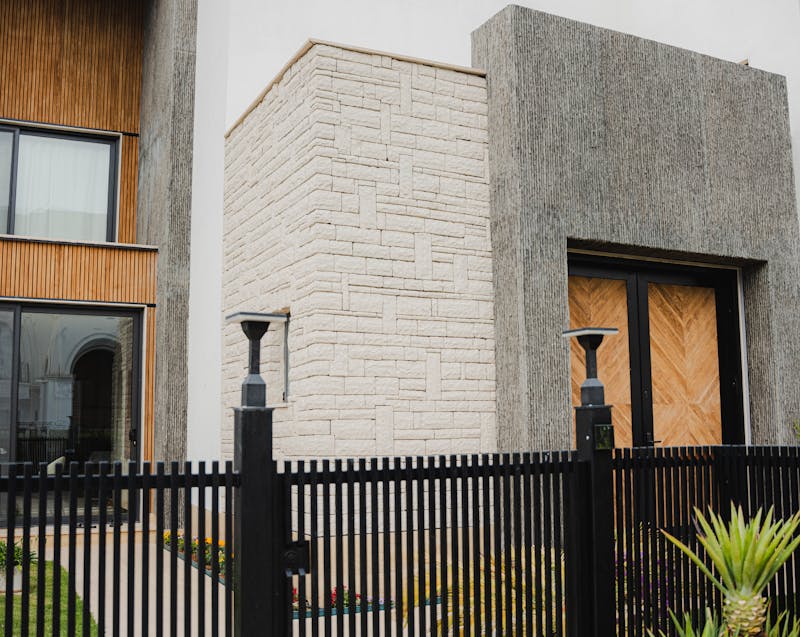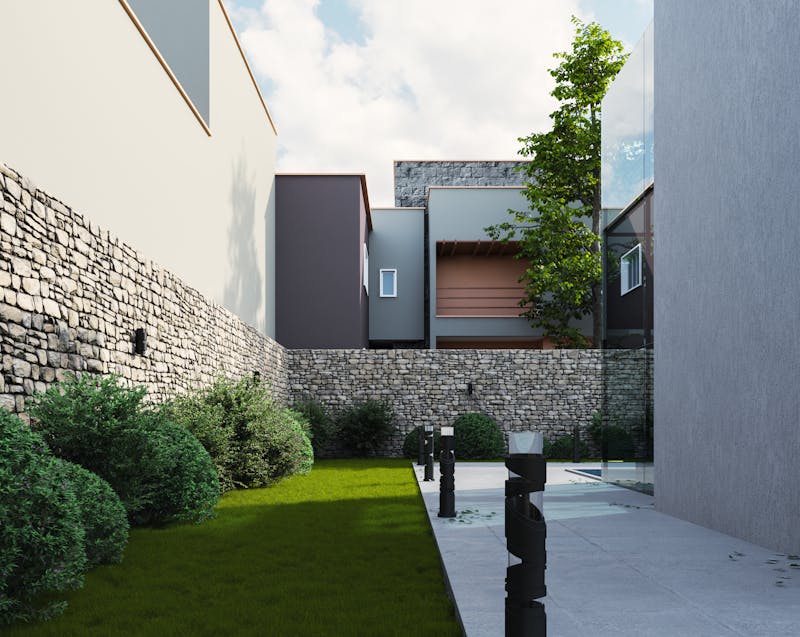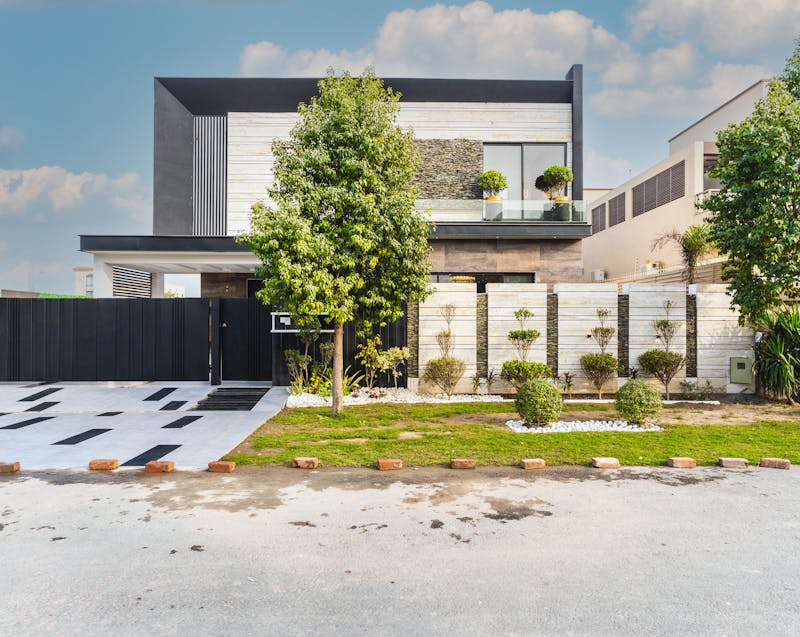- A well-designed, high-quality fence can enhance curb appeal, privacy, and overall property value.
- Material choice—such as wood, vinyl, or wrought iron—plays a major role in determining ROI.
- Fences that complement the home’s architecture and neighborhood standards add the most value.
- Poorly maintained or mismatched fences can negatively impact property perception.
- Regular upkeep and thoughtful design help ensure your fence remains an asset over time.
- Researching local regulations and exploring home fence ideas can guide better installation decisions.
When planning home improvements, homeowners often wonder which upgrades will yield the best return on investment. One common question is, “Does a fence add value to a home?” The answer depends on several factors—such as the type of fence, materials used, and neighborhood expectations. A well-built fence can significantly enhance a home’s appeal, security, and functionality, all of which can attract potential buyers. However, not every fence guarantees a boost in property value.
In this article, we’ll explore how fences impact a home’s worth, which styles offer the best returns, and what considerations homeowners should keep in mind before installation. Whether you’re upgrading for personal enjoyment or preparing to sell, understanding the value of fencing can help you make a smart investment decision.
Does a Fence Add Value to a Home? Understanding the Real Impact
A fence can indeed add value to a home, but the extent of that value varies widely. Factors like location, materials, design, and craftsmanship play a significant role in determining whether the investment pays off. Generally, fences that offer both functionality and aesthetic appeal stand out to homebuyers.
For example, privacy fences and decorative front yard fences are among the most popular choices. They provide a sense of security, define property lines, and enhance curb appeal. However, if the fence looks poorly maintained or mismatched with the home’s design, it could actually detract from the property’s value.
Key factors that influence a fence’s impact on home value include:
- Material quality: Wood, vinyl, and wrought iron often offer the best returns.
- Neighborhood standards: Matching local trends ensures consistency and appeal.
- Condition and maintenance: A damaged or outdated fence can reduce perceived value.
- Design integration: A fence that complements the home’s style boosts curb appeal.
What Type of Fence Adds the Most Value?

Choosing the right fence is crucial if you want to maximize your return on investment. Homebuyers often prefer fences that strike a balance between beauty, privacy, and durability. The most value-adding fences are those that improve the home’s aesthetics while also serving practical purposes.
Here are some of the most popular fence types that tend to increase property value:
- Wood fences: A timeless choice that offers both charm and privacy. When well-maintained, wood fences can provide excellent resale value.
- Vinyl fences: Low-maintenance and long-lasting, vinyl fences are perfect for homeowners who want a clean, modern look.
- Wrought iron fences: Known for elegance and durability, these fences enhance high-end properties and elevate visual appeal.
- Composite fences: Eco-friendly and durable, composites blend style with sustainability—qualities many modern buyers appreciate.
Each option has its own cost and upkeep requirements, so choosing one should align with your long-term goals. If you’re looking for design inspiration, exploring home fence ideas online can help you find styles that fit your home’s character and budget.
Does Installing a Fence Always Increase Home Value?
Not necessarily. While many homeowners see fencing as a positive addition, certain installations can actually lower property value if not done properly. A poorly designed or low-quality fence may create an impression of neglect or limit the home’s curb appeal.
You should also consider your neighborhood. In areas where fences are uncommon, adding one might make your property stand out for the wrong reasons. Conversely, in family-oriented communities where privacy and safety are valued, a fence could make your home more desirable.
To ensure your fence enhances your property value:
- Choose materials that fit your climate and neighborhood.
- Hire professional installers to ensure safety and visual alignment.
- Regularly maintain or repaint your fence to prevent wear and tear.
- Avoid over-customizing—too much personalization can deter potential buyers.
In short, a fence adds the most value when it complements your home’s existing design and meets the lifestyle needs of potential buyers.
Tips for Maximizing the Value of Your Fence Installation
If you’re investing in a new fence with the goal of boosting your home’s worth, a few smart choices can make all the difference. Planning carefully and maintaining quality throughout the process ensures that your investment delivers long-term benefits.
Here’s how to maximize your fencing ROI:
- Match your home’s style: Whether your home is modern, rustic, or traditional, choose a fence design that enhances its architectural theme.
- Consider local regulations: Some neighborhoods have restrictions on fence height or materials—research before installing.
- Focus on functionality: Fences that add privacy, security, or safety for pets and children are more attractive to buyers.
- Maintain it regularly: Repaint, seal, or repair damaged panels as needed to preserve appearance and structural integrity.
- Add landscaping: A fence surrounded by greenery or flower beds can instantly improve visual appeal and create a welcoming atmosphere.

By balancing aesthetics, quality, and practicality, you can turn your fence into an asset that appeals to both current and future homeowners.
Conclusion
So, does a fence add value to a home? In most cases, yes—but only if done thoughtfully. A well-designed, high-quality fence not only enhances your property’s curb appeal but also provides privacy, safety, and a sense of completion to your outdoor space. On the other hand, neglecting maintenance or choosing a mismatched design could lead to the opposite effect.
Ultimately, your fence should reflect both your personal style and your neighborhood’s standards. By investing wisely and maintaining it well, you can enjoy the benefits of beauty, security, and added value for years to come.

